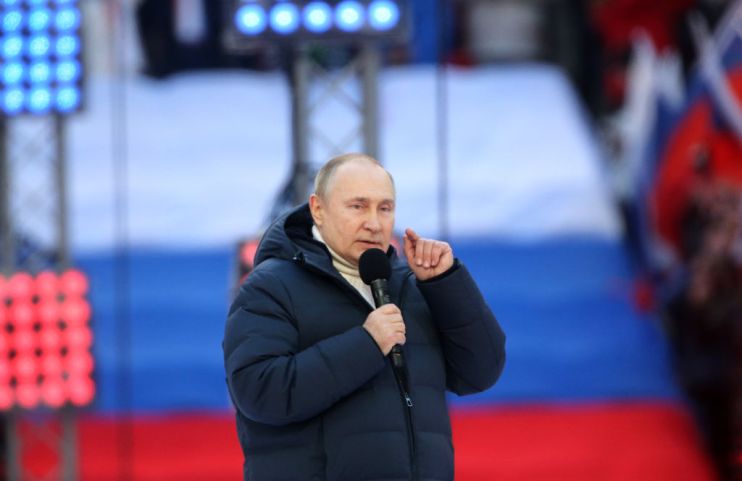BP, Siemens and PepsiCo branded ‘hypocrites’ for donating to Ukraine while failing to fully exit Russia

BP, Siemens and PepsiCo have all donated millions to Ukraine while at the same time failing to fully exit Russia, new research shows.
The three multinationals have been branded “hypocrites” and sit alongside 13 other top firms that have both given aid to Ukraine while also retaining their links to the Russian Federation.
The research from the Moral Ratings Agency (MRA) shows 38 companies donated humanitarian aid to Ukraine in the wake of Russia’s invasion, including Tesco, Unilever and BP.
However, 16 of those firms that made donations have failed to properly cut ties with Russia following the start of the war in Ukraine, the MRA research shows.
In BP’s case, the British oil major donated $20m to Ukraine in May 2022, including $10m in donations towards humanitarian organisations.
The fossil fuel giant has however failed to actually sell off its 19.75 per cent stake in Russia’s state-owned oil firm Rosneft, despite pledging to do so in February.
Meanwhile, PepsiCo has pledged a combined sum of $15m to Ukraine, despite continuing to sell crisps and dairy products in Russia.
In the case of Siemens, the Germany multinational has given $13m to Ukraine, but has refused to pull its medical device company from Russia.
City businessman Mark Dixon, who founded the MRA in February 2022 following Russia’s invasion of Ukraine, said: “The companies who donate to Ukraine and stay in Russia are hypocrites.”
“On the one hand, they are supporting Putin’s ability to pay for the invasion in Ukraine and, on the other hand, they are sending money to the very victims of their financial support,” Dixon said.
Dixon’s comments follow research from two Swiss universities showing just 8.5 per cent of EU and G7 firms have actually divested from their Russian subsidiaries.
The paper warned that major companies including McDonalds and Nissan inserted buy-back clauses into their exit contracts that could let them return to Russia if tensions die down.
At the same time, the research found that those Russian subsidiaries that were dropped were less profitable than those that were retained.
BP, Siemens and PepsiCo were approached by City A.M. for comment.